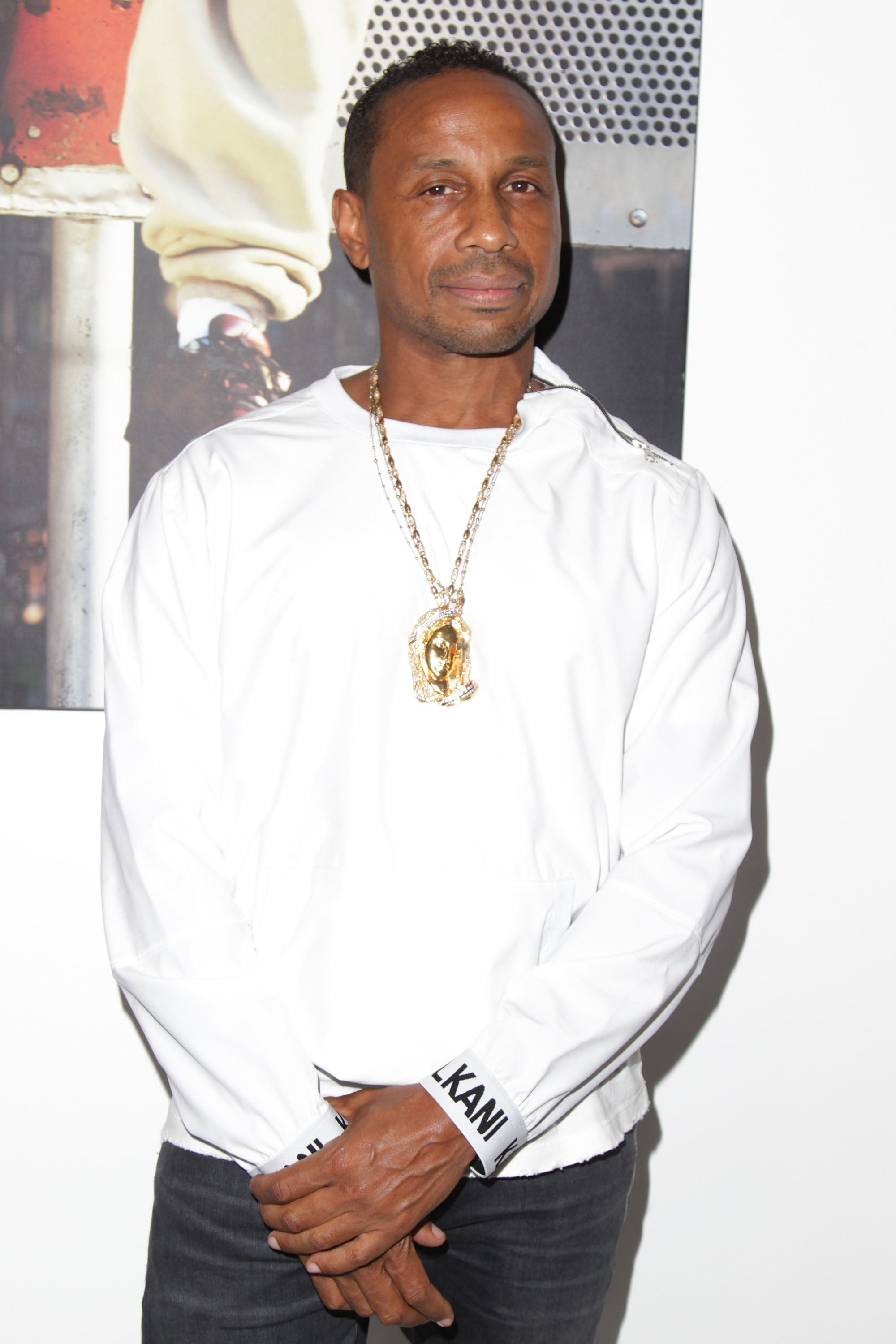
I’d like to start off by saying that I am so here for the return of Karl Kani — one of the preimer urban fashion brands that ruled the 90s. Maybe it’s because I’m a nineties baby to the core and my obsession with what I’d like to call ‘the golden era’ is unreasonable. Perhaps seeing my uncles clad in Kani’s designs throughout my childhood is causing some sense of nostalgia. Also, the fact that I may have watched Nas-produced documentary Fresh Dressed one too many times could have something to do with my interest. Either way, it’s about time.
Late last night when It really would have served me well to get some sleep, I was aimlessly scrolling through Instagram when I stumbled upon a picture showcasing Kani’s new offerings. I immediately double-tapped and made note of the possibility that something bigger was brewing.
It has been interesting to watch the rise of streetwear in recent years, and maybe more importantly the absence of the Black-owned and/or Black-centric labels that created the movement. We’ve seen nineties staples like Tommy Hilfiger, Calvin Klein and Timberland take advantage of the intense nostalgia of millennials by teaming up with major retailers like Urban Outfitters or celebrities like Kendall Jenner. On the opposite spectrum, Solange is the last person I’ve heard mention FUBU and she was referencing the always appropriate acronym — for us, by us — not the fashion label.
Still, brands like Cross Colors, Ecko, Sean Jean, Phat Farm, Rocawear and Pelle Pelle have been largely absent from this resurgence of streetwear through fresh new eyes.
According to WWD, there are several factors that play into the recent success of more established brands like Tommy Hilfiger including iconic, recognizable pieces, and the ability to move with the times and reinvent. They also note that these aspects are some things that “urban” streetwear brands may have missed out on.
As the former marketing director for Karl Kani, June Ambrose has some insight on the past and future of streetwear. “I think it definitely is possible to reinvent [Karl Kani’s brand],” Ambrose told ESSENCE. “The important thing is to reinvent it in a way that is very modern.”
Ambrose stressed that, unlike more mainstream labels, a comeback like this would be about more than being trendy.
“I don’t want [Karl Kani] to take this opportunity to capitalize off of the trend, but really cement himself back into business the way he should be. Because I think it’s important, he’s important to the culture and it’s important to Black people that we can identify with Black designers, because there’s a famine. So there’s a larger responsibility.”
When it came down to the differences between mainstream and true streetwear brands as it pertains to our culture, Ambrose put it plain and simple, “With Tommy Hilfiger and Polo branding, they weren’t going after the Black consumer, it was aspirational to the Black consumer,” she explained. “With Karl Kani it really was a streetwear brand. They never strayed from that and Karl was not apologetic for that. He was very open about where he came from. The marketing was in the culture and I think there was a proudness to it.”
I reached out to Mr. Kani for comment about the future of the brand, but did not hear back before publishing this piece.
Ambrose brings up a great point. Obviously aspiration is a concept that continues to shape and mold our fashion choices, but for the sake of diversity and preservation of our culture I hope our new aspiration will be to support our own.
Perhaps we have mercury retrograde to thank for this welcome blast from the past, but the truth is that time will only tell. Karl Kani’s fresh new line not only brings images of Nintendo 64s, Walkmans and Aaliyah’s first album cover to mind (yes she was decked out in his designs), but also the hope that other pioneers in the streetwear game wil get a second chance to shine.
I’m calling it now — between the stylish set whose heyday was smack dab in the nineties, to the people like me who missed out, true streetwear brands are set for a revival.